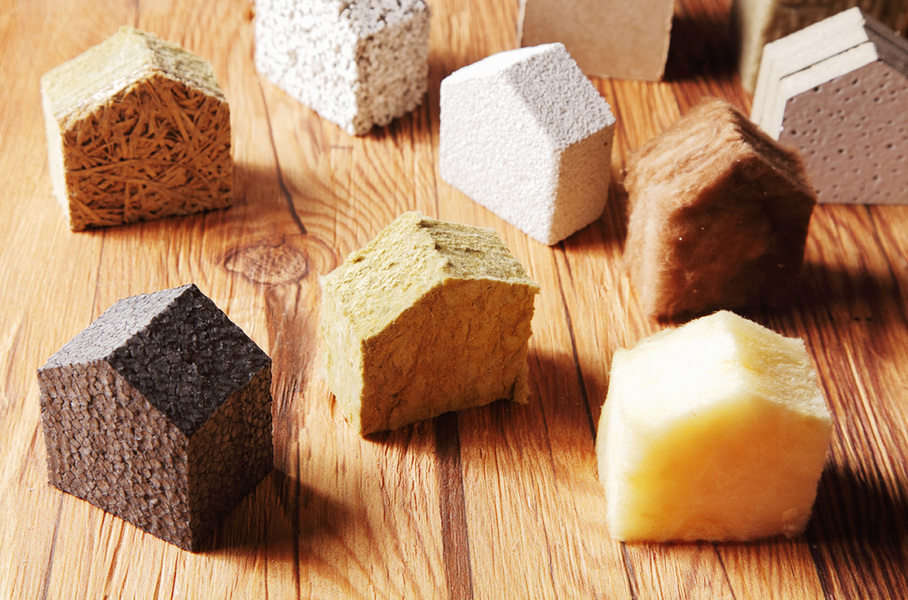Innovative solutions; improved construction methods via the choice of materials and their use

Edeis, one of France’s top operators in the engineering and complex infrastructure management sector, is involved in an ambitious drive to design healthy buildings, in partnership with the Institute for Research and Scientific Expertise (IRES), an institution with which Edeis has recently entered into a major partnership.
Human beings have always placed a great deal of importance in the healthiness and well-being of the spaces they inhabit - recent examples include secular superstitions and ‘hygienism’ in the 19th century, or the feng shui craze that has blossomed since the late 20th century. Humans have also always sought to protect themselves from the elements (hot and cold weather, wind, rain) and the effects of human activity: noise, pollution and electromagnetic waves.
Owing to the expertise of IRES, which since its creation in 2010 has been developing simplified sampling instruments and analytical tools for all types of environmental contamination, Edeis has compiled a new service package to provide support and guidance in three key areas: design phase, project auditing and diagnostics, both for buildings intended for public use and for collective and individual residences.
Throughout the duration of a project, from design through to delivery and active use, Edeis will build a collection of measurement and control procedures for all pollutants associated with a given building: endocrine disruptors, pesticides, mould, allergens, potable water quality, etc.
This initiative is part of Edeis’ approach to innovative and sustainable building design, using construction and operational solutions which respect both the environment and human health requirements.
Edeis C.E.O Jean-Luc Schnoebelen adds that: “the unique nature of this approach should lead to the creation of a ‘Healthy Buildings’ certification label, guaranteeing users a quality living space.”
EDEIS has compiled a bill of specifications for Healthy Buildings, which recommends materials to be used during the construction phase. The objective here is not simply to adhere to regulatory standards, but to go a step further. Nor do we stop at banned materials - we are also carrying out research into all the most commonly used materials in the construction sector, examining their impact on human health when processed and combined with other materials, solvents, etc.
Our desire to boost well-being in both our habitats and lifestyles is expressed through standards and requirements pertaining to comfort and health issues. Interior air quality has a major influence on individual well-being, which is why refreshing and purifying interior air within buildings should be a major area of focus in construction design.
Buildings must also integrate equipment to monitor the quality of their internal environments in terms of temperature, humidity, CO2 levels, micro particles and Total COVs, using innovate systems to do so.
